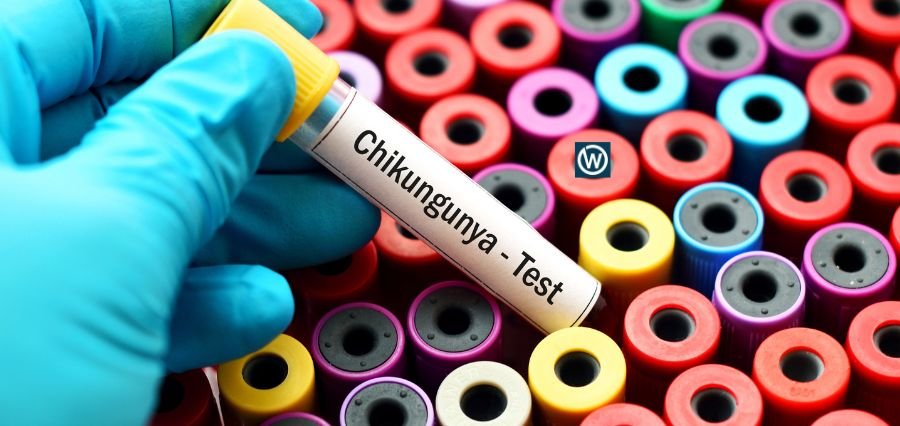Prime Highlights:
- CDC sounds the alarm as risk of Chikungunya virus entering U.S. increases.
- More travel overseas and rising temperatures fuel transmission of mosquito-borne illness.
Key Fact:
- No reported domestic transmission, but cases being imported on the rise.
- Chikungunya brings fever, arthralgia, and incapacitates for weeks.
Key Background
United States Centers for Disease Control and Prevention (CDC) has issued a health advisory stating increasing risk of domestic transmission of Chikungunya virus. While there have been no cases of local transmission, the agency is concerned about increasing travel-associated cases and burgeoning mosquito populations to infect them with. With more than 2,100 imported cases between 2014 and 2023, CDC feels the time is optimal for outbreaks in warmer regions of the U.S.
Chikungunya, which is a viral disease spread by the Aedes aegypti and Aedes albopictus species of mosquitoes, is defined by acute onset fever and headache accompanied by throbbing pain in the joints. Even though not frequent, the virus can be accompanied by chronic pain, drowsiness, and immobility lasting for months, especially in elderly and immunocompromised patient populations. The symptoms are virtually indistinguishable from that of dengue as well as Zika virus infection, to the extent that it is challenging to reach dependable conclusions without significant laboratory analysis.
Native transmission has over the past few years been affirmatively confirmed to occur in areas of the Americas such as Brazil, the Caribbean area, and Mexico. This transmission is concurrent with other more global climate change trends that allow vector mosquitoes to inhabit formerly temperate areas. Sources of travel and available moisture, U.S. Gulf states are thus comparatively more vulnerable.
The CDC recommends increased surveillance, alert on the part of healthcare workers, and germicide control measures to avoid imminent outbreaks. individualities traveling in the tropics and subtropics are requested to use repellents, dress protectively, and report to the croaker if getting characteristic. Public health workers affirm that preventative action moment will help unborn spread in the community.
Read More : Microsoft Earnings Power Surge: Azure Cloud Pushes Stock Toward $4 Trillion Milestone








